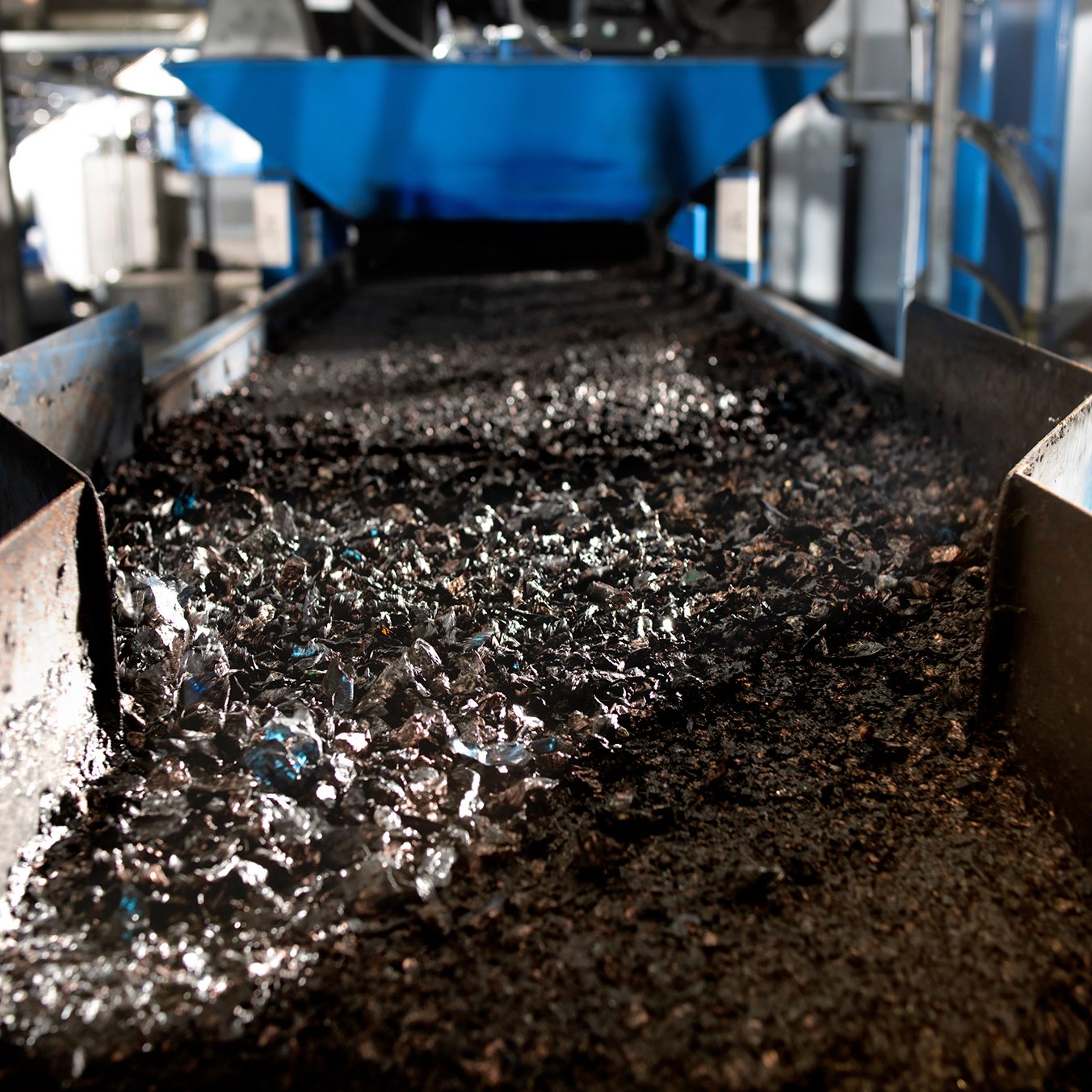
How does battery recycling contribute to a sustainable business?
Ecobat | Agosto 30, 2024
Battery recycling isn’t just for automakers and scrap yards, it offers sustainability and economic impact across nearly every industry today. From AI and cloud servers with significant battery backup requirements to warehouse and logistics firms who operate electrified forklifts, having an established sustainability plan for your end-of-life battery material can make your business more appealing to a broader customer base, while at the same time returning significant value for the scrap that you generate in the normal course of business.
Reduced GHG impact – logistics, supply chain, material origin
Scope 1, 2 and 3 emissions are a significant consideration for sourcing considerations. Transportation emissions, end of life battery disposal emissions, and even destinations for battery collection fall into consideration across the spectrum of these scopes and can impact your customer’s perception of your business’ sustainability profile.
Ecobat directly reduces the supply chain distance and therefore the greenhouse gas (GHG) impact of battery materials. Granted there is no mature circular solution today in Europe or the US for advanced battery materials, but the pretreatment steps Ecobat performs reduces non-critical material load, makes packaging more efficient and vastly reduces the packaging requirements for end-of-life batteries, by way of recycling them into black mass.
Improved ESG profile – reduced mining profile, reduced country of concern exposure
Sourcing materials which are recycled is a clear path towards improving your business’ sustainability profile… but what about having an end-of-life plan for your scrap that you’re generating and overall battery lifecycle management? A clear and actionable plan for end-of-life recovery of critical materials, tied into a responsible, on-shore resource for your battery scrap can be a large source of real and non-tangible sustainability credit.
Ecobat’s black mass is a high quality, readily processed material which directly enables the circular, closed loop recycling battery economy. The black mass Ecobat produces is used in new batteries in the exact same way virgin mined material is. By having an end of life directive for your batteries, or by directing recycling criteria for new batteries in your products, your business is providing actionable and commercial steps to improving the sustainability of the global advanced battery supply chain.
Economics – reduced TCO (versus generalized scrap), value recovery
Battery scrap presents real material value if handled correctly. Instead of decommissioning your batteries and treating them as bulk scrap, let Ecobat bid on the material and offer a positive value. Many batteries do not carry value, but in many instances, we can offer either improved overall scrap rates or direct cash payment for your scrap lithium-ion material.
Risk exposure – safe and responsible EOL handling and disposal, non-harvesting of batteries/brand exposure, reduced transport risk
Risk with lithium-ion batteries comes in many forms. Two of the most visible categories are personnel hazard and brand exposure. The first comes in the way of the flammability and explosive risk of lithium-ion battery materials. While rare, batteries can enter spontaneous thermal runaway which can produce temperatures in the thousands of degrees, explosive events, and highly toxic gases and smoke. Ecobat has measures in place to reduce this risk in transportation and at our facilities, but the first step is safely removing it from our customers’ locations.
Brand exposure is another large risk category. Maintaining positive control of capital equipment, inventory and product are all critical to successful businesses… but what about your battery scrap once it’s left your facility? Whether it is directly traced or not, if you intend for your battery scrap to be recycled, you want assurance that it will be recycled and not return to the market. Ecobat can provide certificates of recycling and traceability that will ensure your brand has no exposure to improper utilization of your battery scrap in second life applications.